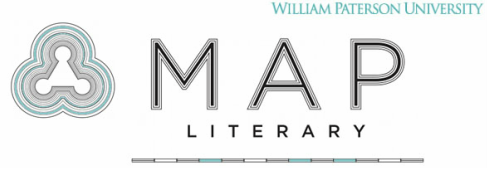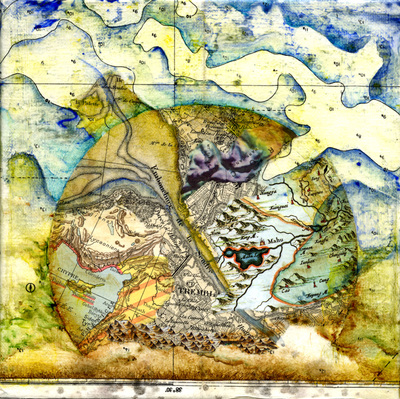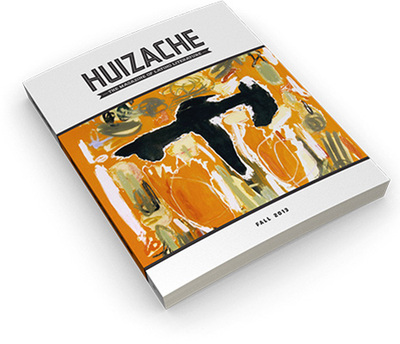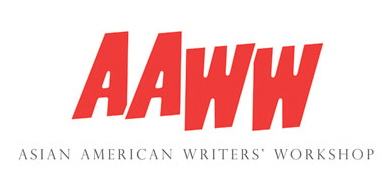An Interview with Harold Jaffe
On Revolutionary Brain (Guide Dog Books, 2012)
Q. Would you explain the phrase “as abject, so the sacred”—the book's opening reference to Julia Kristeva?
A. The severely oppressed are dialectically closer to "God." Artists who have articulated this include Blake, Van Gogh, Chekhov, Camus, Simone Weil, Pasolini, and, perhaps most complexly, Jean Genet.
Q. You argue that there will always be a gulf between imaginative effort and result. For young artists and writers, what are the ramifications of recognizing this abyss?
A. No immediate gratification. Possibly no unmediated gratification. That's a tough prospect for a culture addicted to X-games, black ops and faux-drama.
Q. Can watching pornography actually be revolutionary, as the book suggests?
A. In fact that is not what Revolutionary Brain means to suggest. "Revolutionary Post-Mill," where I catalogue porn sites, is meant to display how actual revolution has been mediated and co-opted. The body in passion has been debauched into the bionic body photo-shopped, sponsored (sotto voce) by Disney, Walmart and Exxon.
The porn site catalogue works especially in contrast to the opening "list" of humans on death row in Texas permitted 3 minutes to recite their last words then be executed. Each of these lists is officially prohibited, except that the porn list is prohibited deliberately to be trespassed. With young people sexing (then sexting) they are in effect insulated from doing much else, which is what official culture wants, even as it ritually condemns the enormous multi-billion dollar pornography industry.
Q. How has recent popular culture—the internet, movies, news media—affected contemporary literary fiction? Or perhaps “literary fiction” is a misnomer for you, implying an unwanted or unwarranted separation of high and low cultural forms?
A. Pop culture, and especially technology, have altered art and literature unprecedentedly. The language has changed so radically, so rapidly, that there is scarcely a difference between what Derrrida not so long ago labeled ecriture and parole. Traditional culture’s inclusion of serious art in any genre has been indelibly modified so that an “intelligent” human need not know anything about the “high” arts, about language, about history to be accounted intelligent, so long as s/he know his/her way around technology.
As Paul Virilio put it, mobility (real-time traveling to “broaden the mind”) has become “motility” moving from one geography to another by using your fingers online.
Q. You write provocatively of monstrosities, torture, religious persecution. Do you have particular intentions as to how you want your audience to react? If not, how do you imagine your audience reacts to such charged topics?
A. I write about certain species of extremity, but not about monstrosity as such. After Brecht and contra Aristotle, I want my reader to walk away pent not purged so that s/he, my reader, ruminates with interest and fretfulness about what s/he has read.
Q. Would you discuss your ideas on the relation between political revolt and the personally revolting (the disgusting, the repulsive)?
A. I see revolt and revolting as bound, tied to the hip. We are forever (for as long as this benighted culture endures) indentured to a dying animal.
The so-called revolting are mainly kept out of sight, in prisons or similar institutions, or exiled to the margins of the culture. When Katrina became news and severely impoverished “colored” people were suddenly displayed on TV or the Net, mainstream Americans glanced at each other with a wild surmise. “Could these revolting humans actually be Americans!”
Q. Your work employs numerous allusions—to Tarkovsky, Virginia Woolf, Orwell, Brando, Gandhi, Balthus. How do you think allusion differs in our culture, as opposed to, say, how allusion functioned during the heyday of Modernism (e.g., during the time of T.S. Eliot’s “The Waste Land”)?
A. Few American readers now recognize references to serious culture, but there are numerous digital prosthetics, such as Wiki, to convey a portion of the letter if not the spirit of the references.
Digital instantaneity to which the culture is addicted privileges visuals that ape electronic transmission or are otherwise rapidly and easily absorbed. Hence, the revival of comic books and Batman movies. What Lionel Trilling once called “sincerity and authenticity” have given way almost entirely to image and soundbite. Of course there are intellectuals and academics who can still gaze at a Rembrandt without stealing a glance at their smartphone, but they are decidedly fewer in number as universities veer in the direction of corporate for-profit institutions.
Q. Your essays frequently utilize an interview format. Do you find the “catechistic” form especially productive? Or are you mocking the interview format, so frequently employed in popular media (news, talk shows)?
A. My use of interview or quasi-interview, especially what I call unsituated dialogue, allows me space to defy narrative “logic,” to zip from one topic to another that is seemingly unrelated, thus to occasionally zap the reader into recognition, or if not into recognition, at least into a slightly different frame of imagining.
Q. How do you feel about the current state of "experimental fiction"? Which experimental authors are producing exceptional work in your opinion?
A. I prefer “innovative” to “experimental,” which cedes the center to conventional fiction. “Innovative” does not make that concession. Among current innovative writers, I like Pierre Guyotat.
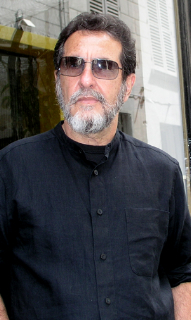
Harold Jaffe is the author of 21 volumes of fiction, docufiction, and non-fiction, including Revolutionary Brain; Othello Blues; OD; Anti-Twitter; Paris 60; Jesus Coyote; 15 Serial Killers; Beyond the Techno-Cave: A Guerrilla’s Guide to Post-Millennial Culture; Terror-dot-Gov; Straight Razor; Sex for the Millennium; Eros Anti-Eros; False Positive; Beasts; Mourning Crazy Horse; Madonna & Other Spectacles; and Dos Indios.
Jaffe’s writing has been translated widely, most recently in Romania, Turkey, France, Japan, Italy, and Cuba. Jaffe is editor-in-chief of Fiction International.
Jaffe’s writing has been translated widely, most recently in Romania, Turkey, France, Japan, Italy, and Cuba. Jaffe is editor-in-chief of Fiction International.
